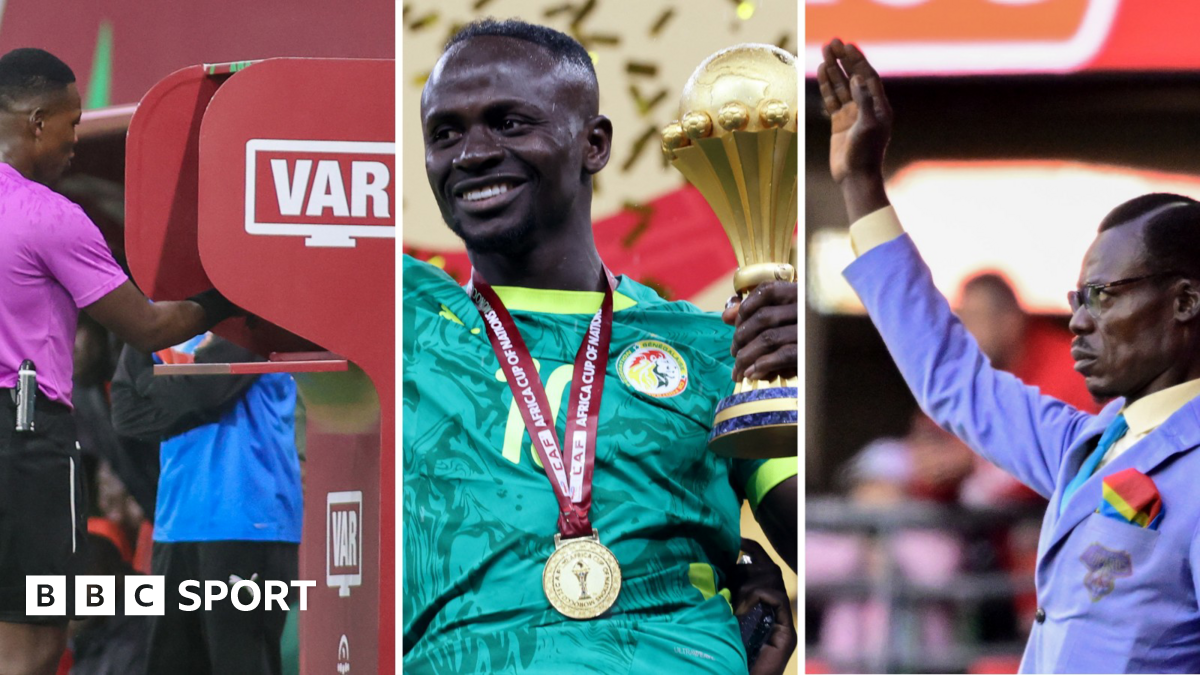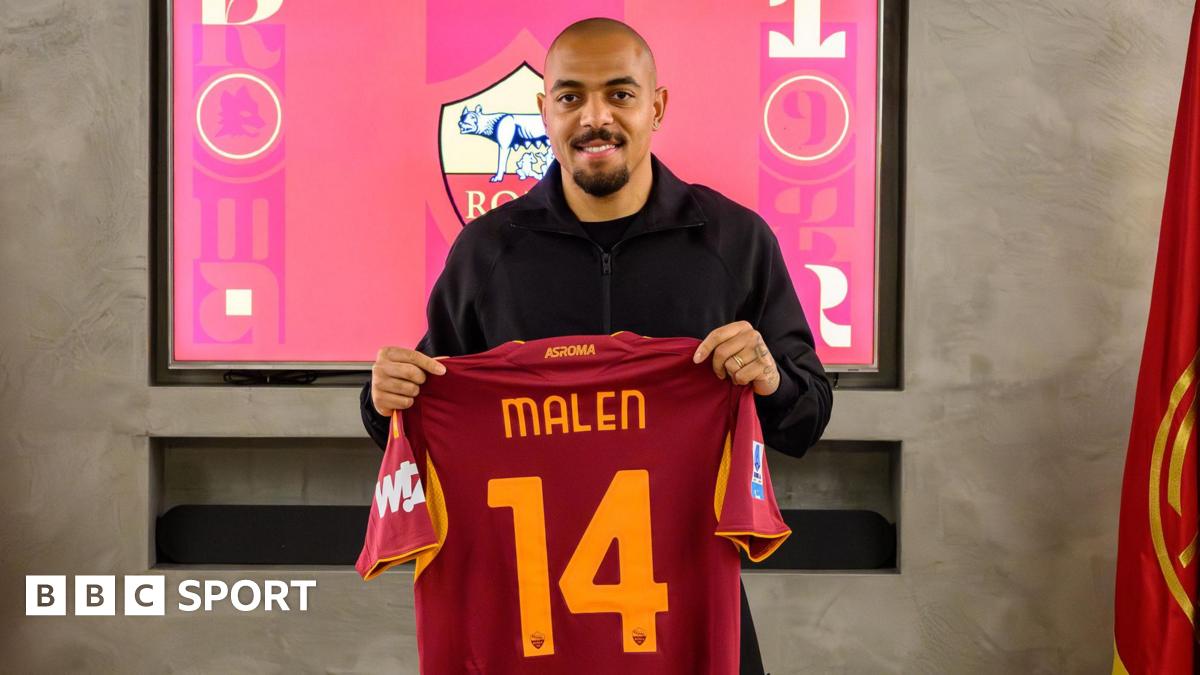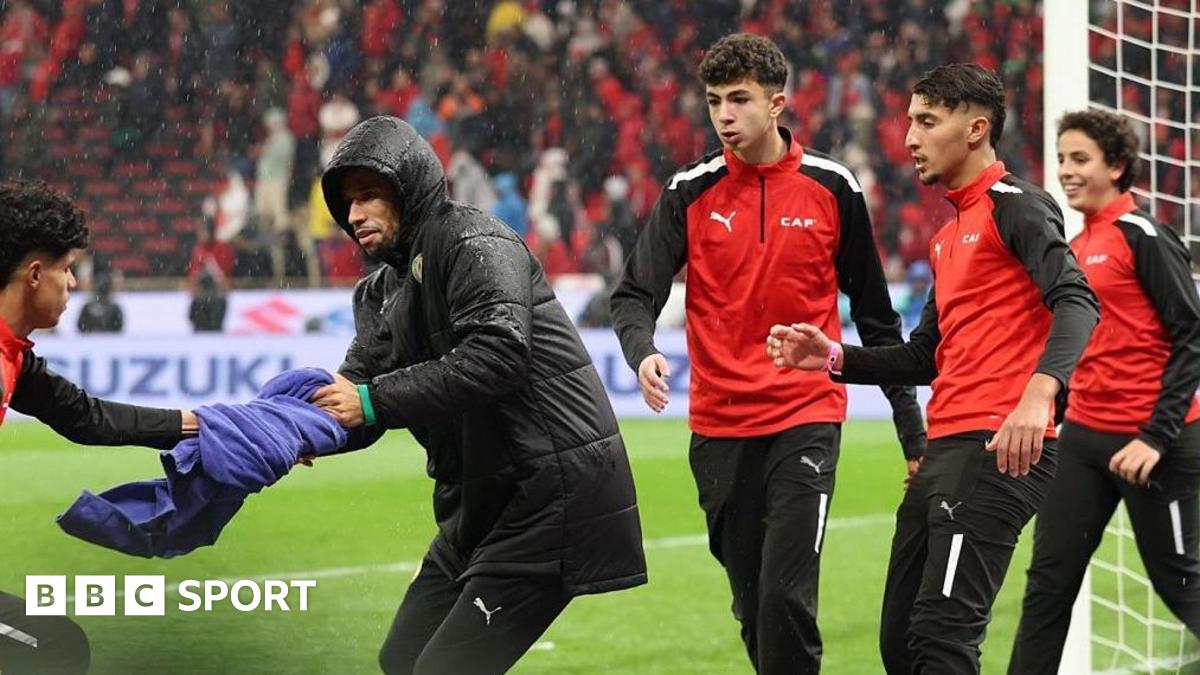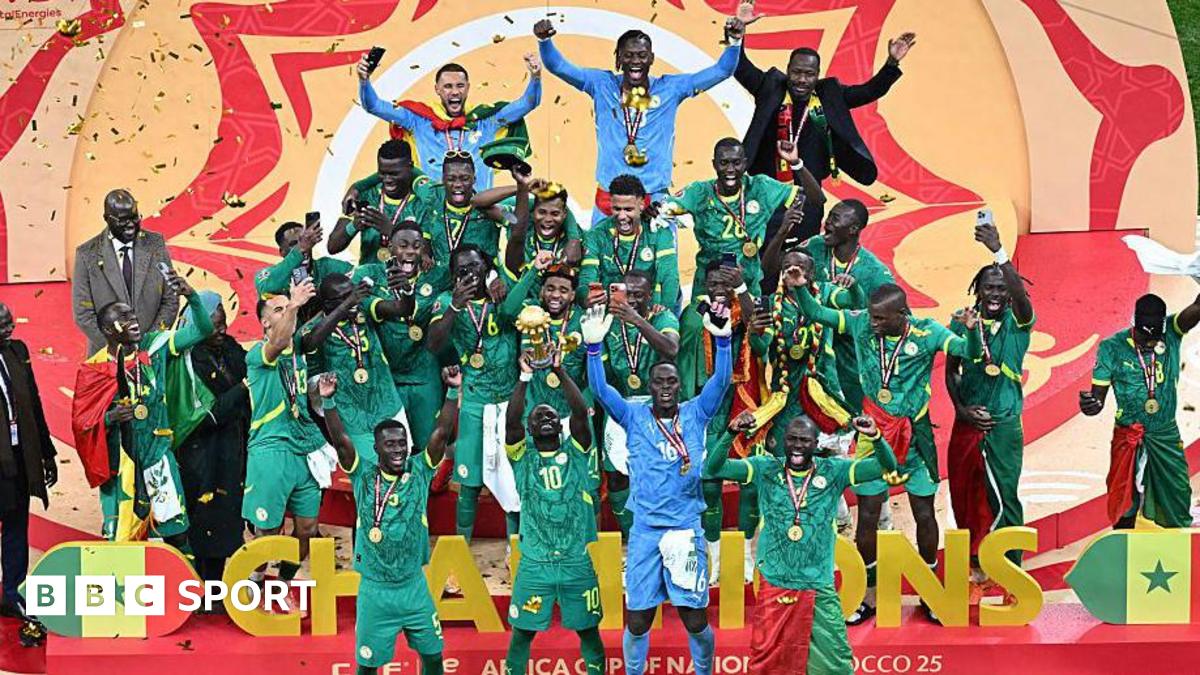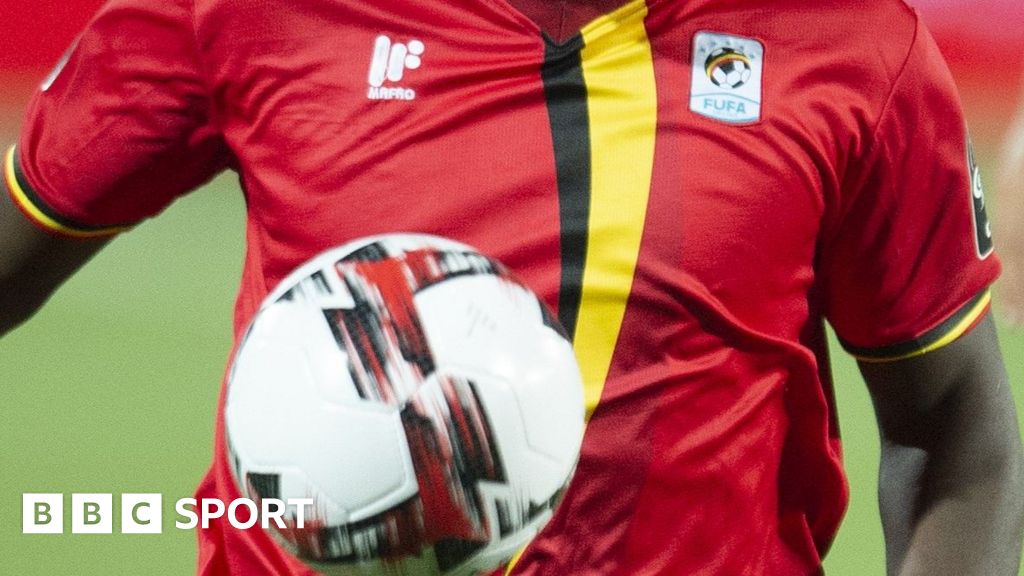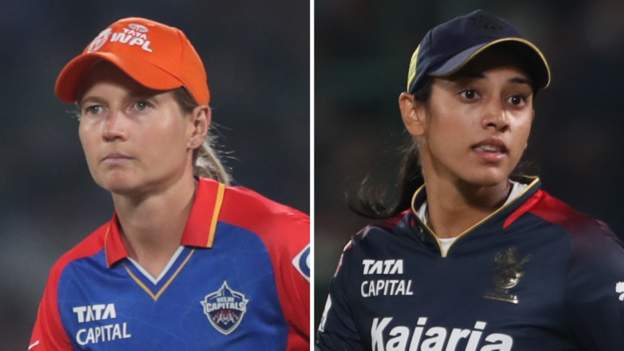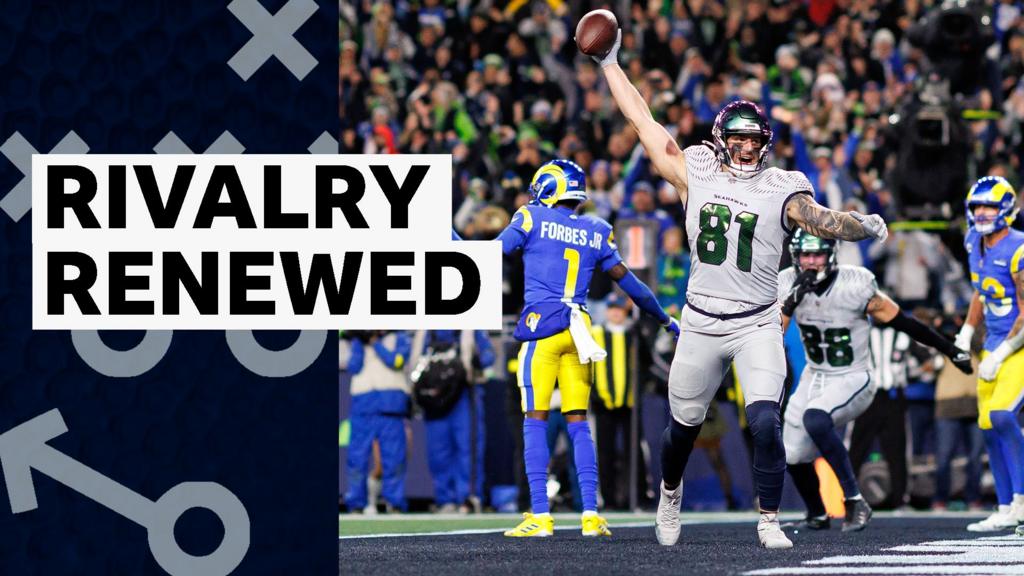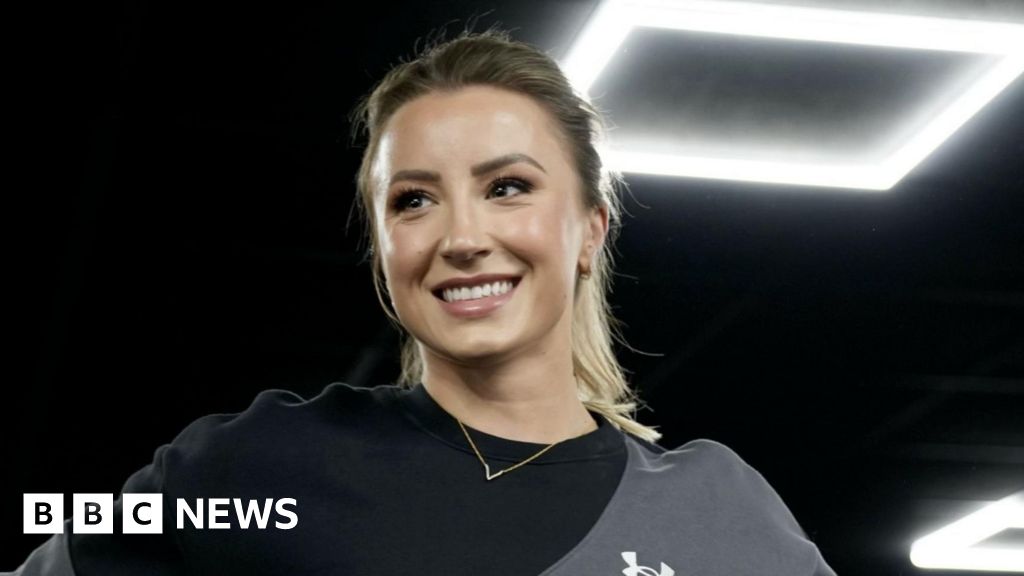Fufa’s legal manager Denis Lukambi, speaking alongside Twine, said that systems put in place with Fifa and sports data company Sportradar enabled Fufa to detect the fixing.
“We received an alert that someone has placed abnormal money on a particular game,” said Lukambi.
“99% of this process is about betting – with match-fixers or mafias placing money either in local [Ugandan] betting houses or, more specially, out of the country.”
In a statement last week,, external Fufa said that the match-fixing syndicate was led by “Hilfiger Mutyaba, alias Chelsea, and other local criminal elements”, one of whom the federation is still looking for.
Mutyaba was described by Fufa as “an ex-convict who was charged, convicted and sentenced in the Virgin Islands for financial-related crimes”.
Fufa said Mutyaba and his accomplices recruited referee Kaddu Ali, who was tasked with approaching players, club officials and match officials on behalf of the match-fixers.
“We broke into the syndicate penetrating our game, and some of these guys were from South Africa,” Twine said.
“We identified a guy called Mutyaba. He put a lot of money as bait and came here, penetrating a few Ugandans who he deliberately recruited as agents. These agents then went ahead and penetrated a section of stakeholders.
“Referees, club officials and, unfortunately, even our players have been compromised and matches have been fixed,” added Twine.
Investigations started in December, with 80% of those involved reportedly confessing while also exposing, perhaps unwittingly, some of those who denied any wrongdoing.
While Fufa said some players were “used”, which may lead to reduced bans, the federation believes others placed their own money on games which they knew were fixed.


